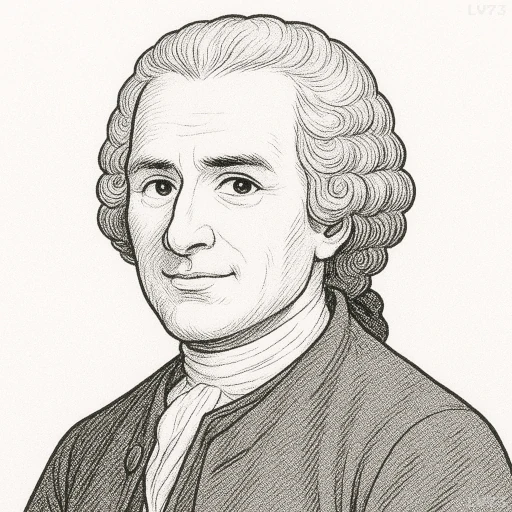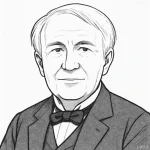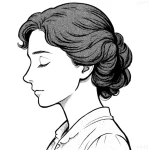“Most nations, as well as people are impossible only in their youth; they become incorrigible as they grow older.”

- June 28, 1712 – July 2, 1778
- Born in Geneva
- Philosopher, political philosopher, writer, composer
table of contents
Quote
“Most nations, as well as people are impossible only in their youth; they become incorrigible as they grow older.”
Explanation
In this quote, Jean-Jacques Rousseau reflects on the tendency for both individuals and nations to go through a period of idealism or reform in their youth, before becoming set in their ways and resistant to change as they mature. Rousseau suggests that youth, whether in people or societies, is marked by a sense of possibility, openness, and a willingness to embrace new ideas, making them more flexible and receptive to change. However, as individuals or nations grow older and more entrenched in their established systems, habits, and traditions, they become more rigid, conservative, and difficult to reform. This process, according to Rousseau, leads them to become “incorrigible”, unable or unwilling to adapt to new circumstances or ideas.
Historically, Rousseau’s view on the youthfulness of nations and people can be tied to his broader critique of society and progress. He believed that societies, like individuals, could undergo a period of idealism and change, but often became corrupted as they grew older, losing their connection to the natural state of human goodness and equality. Rousseau often spoke about how modernity, with its increasing focus on materialism, inequality, and social stratification, led to the decline of societal virtue and the inability to embrace true reform. In this quote, he likely refers to the way nations and their governing institutions, much like individuals, often become more inflexible and resistant to change as they become entrenched in their history, customs, and power structures.
In modern times, Rousseau’s insight can be applied to both the evolution of societies and the development of individuals. It speaks to the tendency for people to become more set in their ways as they age, as well as the challenges faced by societies that are reluctant to embrace social reform or innovation. In contemporary political systems, for example, there is often resistance to new ideas or changes that challenge the status quo, especially in older institutions or systems of power. This quote serves as a reminder of the importance of maintaining openness, flexibility, and the willingness to change, whether on a personal or societal level. Rousseau’s reflection encourages us to recognize the dynamic nature of youth and the potential for growth, while also acknowledging the difficulties that arise when societies or individuals become too entrenched in their old ways.
Would you like to share your impressions or related stories about this quote in the comments section?




